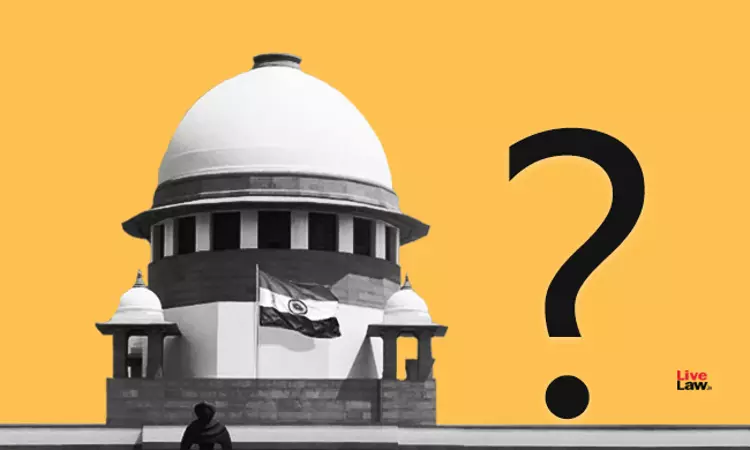- Home
- /
- Top Stories
- /
- Who Is The Author Of Ayodhya...
Who Is The Author Of Ayodhya Judgment?
LIVELAW NEWS NETWORK
9 Nov 2019 2:34 PM IST
The 1045-pages judgment of the Supreme Court in the Ayodhya-Babri Masjid land dispute case does not disclose the name of the judge who authored it.This is highly unusual and in departure from convention. The established practice is to specify the name of the judge who has authored the judgment on behalf of a bench.The matter was heard by a five judges bench comprising CJI Ranjan Gogoi, Justice...
Next Story



